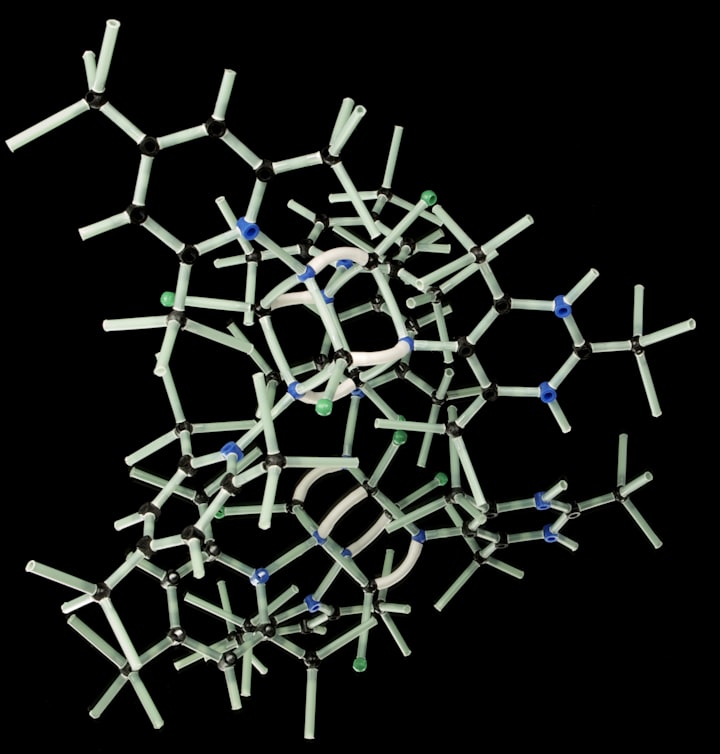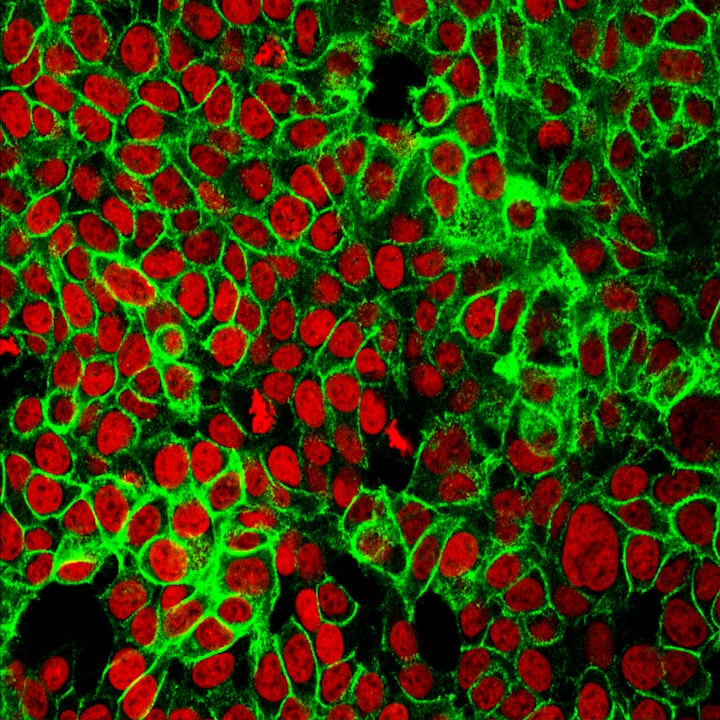Why does cardiac muscle endure while skeletal muscle fatigues?
Explore why cardiac muscle endures while skeletal muscle fatigues in human evolution.

Have you ever pondered over the contrasting endurance of cardiac muscle and the fatigue-prone nature of skeletal muscle?
It's a question that dives deep into the evolutionary physiology of our bodies.
The Nature of Cardiac Muscle
The heart, a vital organ, tirelessly pumps blood throughout our lives.
This relentless demand is met by the unique properties of cardiac muscle.
Rich in mitochondria, it efficiently produces energy without fatiguing.
Moreover, interconnected cells ensure synchronous contractions and relaxations, contributing to the heart's endurance.
Skeletal Muscle and Endurance
In contrast, skeletal muscles are designed for strength and flexibility rather than unyielding endurance.
While they can generate significant force, they lack the sustained endurance of cardiac muscle.
The Energy Conundrum
The maintenance of cardiac muscle's endurance imposes a substantial energy demand on the body, requiring a continuous and ample supply of oxygen and nutrients.
In a prehistoric context, when energy was a scarce resource, this high energy consumption would have been a significant disadvantage for early humans.
The Evolutionary Advantage
Skeletal muscles, while not as enduring as cardiac muscle, provide the necessary strength and agility for hunting, gathering, and protection, without being as metabolically demanding.
This balance allowed early humans to engage in bursts of intense physical activity and maintain essential functions without compromising vital energy reserves.
The Efficiency Trade-Off
In today's context, where physical exertion is a matter of choice rather than survival, the enduring nature of cardiac muscle may seem appealing.
However, the inherent efficiency and adaptability of skeletal muscles continue to serve our daily needs effectively, whether during exercise, work, or leisure.
The Evolutionary Legacy
The endurance paradox between cardiac and skeletal muscles underscores the intricacies of human evolution and the physiological adaptations that have shaped our ability to thrive as a species.
While we may not boast the unwavering endurance of cardiac muscle, our bodies reflect the evolutionary wisdom of balancing strength and efficiency.
The endurance paradox challenges us to appreciate the marvel of our physiological design and the complex interplay between energy efficiency, endurance, and survival.






